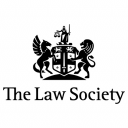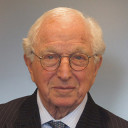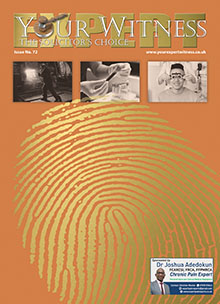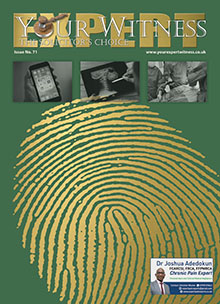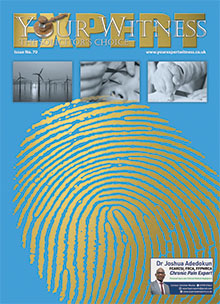Neuropsychiatrists, as all psychiatrists, are medically qualified doctors. They have a special interest in the diagnosis and treatment of clinical conditions that have something to do with physical or organic disorders of the brain.
These can include brain trauma, either blunt or penetrating; the psychiatric effects of strokes and epilepsy, as well as neurodegenerative disorders such as some forms of dementia (though usually not Alzheimer’s disease and other disorders of old age , which are the province of psychiatrists of old age), Parkinson’s disease and Huntingdon’s disease.
Neuropsychiatrists are also concerned with inflammatory conditions of the brain, including multiple sclerosis and HIV infection. Some neuropsychiatrists also assess people with somatoform or conversion disorders, as well as less common conditions such as depersonalisation. This list is not exhaustive and there can be considerable overlap between conditions seen by neuropsychiatrists and those seen by neurologists, general physicians and other general psychiatrists. Some neuropsychiatrists also have a special interest in neurorehabilitation.
Neuropsychiatrists do not usually conduct batteries of neuropsychological tests. This service is normally provided by neuropsychologists.
Neuropsychiatry is not yet recognised officially as a subspecialty of psychiatry by the Royal College of Psychiatrists in the UK. However, there is an active neuropsychiatry Special Interest Group within the Royal College of Psychiatrists and the British Neuropsychiatric Association and its American equivalent are thriving organisations.
There are a few full-time consultant neuropsychiatrists in the UK and many more psychiatrists with a special interest in neuropsychiatry. Although anyone can therefore call him/her a neuropsychiatrist (as there is no official reason why they cannot do so), in practice neuropsychiatric expertise will mainly be confined to those who can demonstrate at least 18 months’ higher specialist training in neuropsychiatry, continued clinical experience in the subject and keeping up to date with progress in the subject.
Most neuropsychiatrists will have joined either the SIG of the Royal College or one of the learned societies concerned with neuropsychiatry; but membership of these organisations does not, of course, by that fact alone, convey expertise.



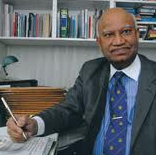 “Speculate before you accumulate. I am a long term regular writer and advertiser in 'Your Expert Witness - the Solicitor’s Choice'. This investment pays me substantive dividends; I get more Expert Witness work with every issue. Not only solicitors and barristers but also judges seem to read it. It is a win-win situation. Success breeds success; I must continue to write and advertise.”
“Speculate before you accumulate. I am a long term regular writer and advertiser in 'Your Expert Witness - the Solicitor’s Choice'. This investment pays me substantive dividends; I get more Expert Witness work with every issue. Not only solicitors and barristers but also judges seem to read it. It is a win-win situation. Success breeds success; I must continue to write and advertise.”









